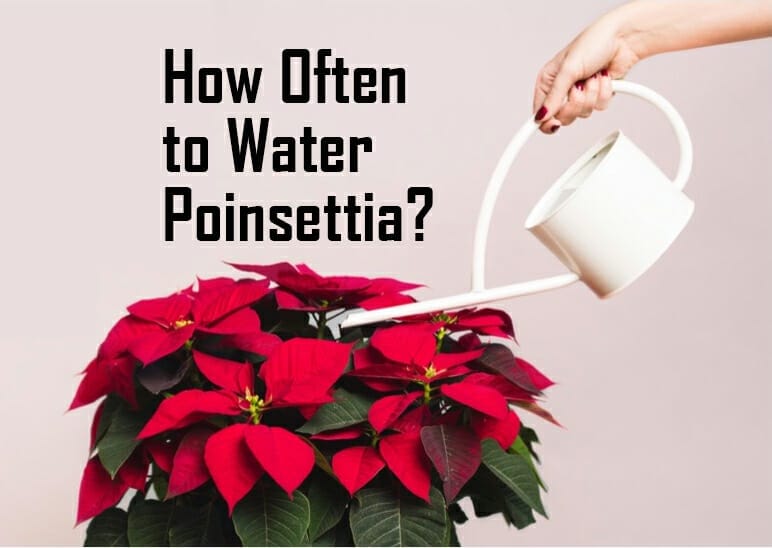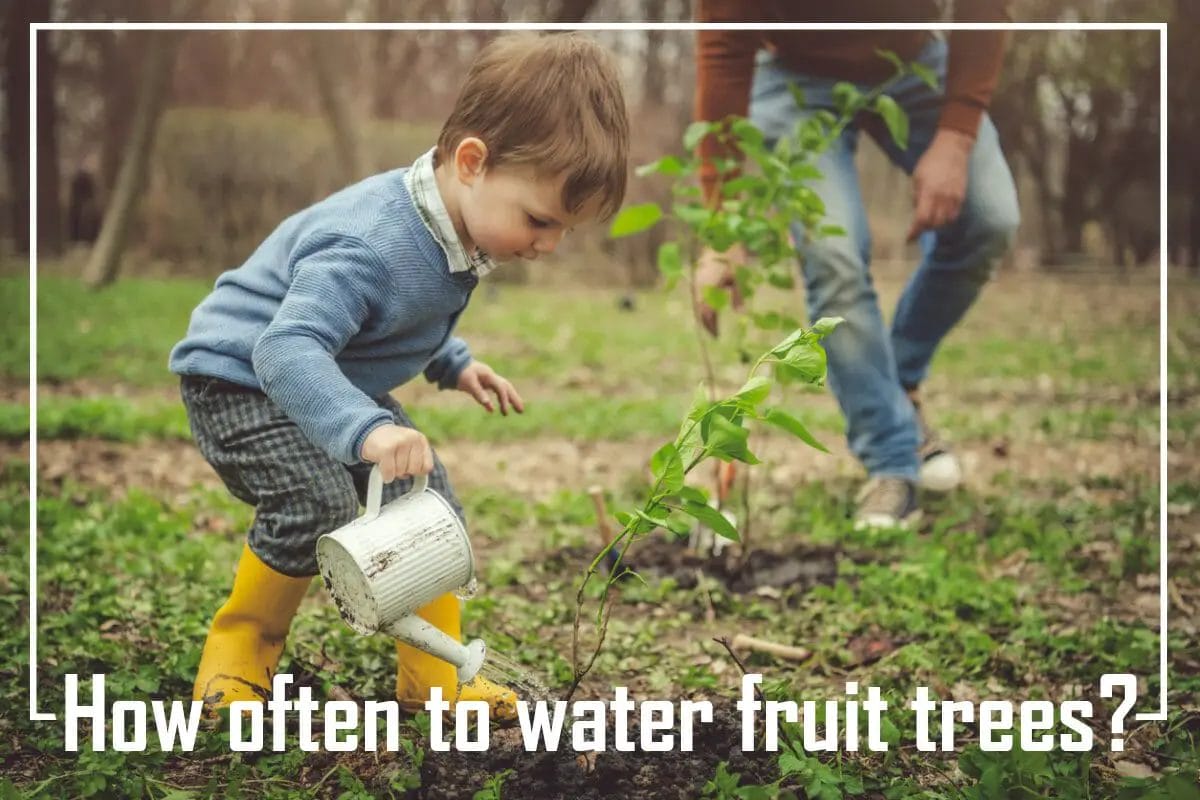You might wonder how long you should fast to lower your blood pressure through water fasting. Your current blood pressure, how much you need to lower it, and your overall health will determine the length of your fast.
That said, most people will see a significant drop in blood pressure after just a few days of fasting. If you’re looking to make a more significant change, you may need to fast for a week or more. Consult your doctor before fasting, especially if you have health conditions that may be affected.
What is water fasting?
Water fasting is an intermittent fasting method in which only water is consumed. Since ancient times, it has been used to improve health and reduce inflammation. Preliminary evidence suggests water fasting may reduce blood pressure, but its benefits are limited.
How does water fasting work?
Water fasting is an ancient and effective way to lower blood pressure. When the body doesn’t access food, it breaks down stored glycogen and fat stores for energy. This process lowers blood pressure by reducing the force needed to pump blood through veins.
Water fasting typically lowers blood pressure in humans within two to four days. Some people experience mild side effects such as headaches, dizziness, or fatigue during a fast.
However, these symptoms are generally mild and resolve within a few days. Without medication or surgery, water fasting lowers blood pressure safely and effectively.
Are you considering a water fast to lower your blood pressure?
The research indicates that the water fast lasts for 24 to 72 hours. The same study notes that the diet can be as low as 1,600 calories per day and still have positive results.
The systolic blood pressure of people following intermittent fasting for two months decreased by 10 mmHg on average.
How long should I water fast to lower blood pressure?
Water fasting is an effective way to lower blood pressure. A study published in the British Journal of General Practice found that fasting for 48-72 hours reduced blood pressure by 14/10 mmHg.
A review of studies also found that fasting reduced cholesterol and triglyceride levels, improved cognitive function, and decreased inflammation. Although there is limited evidence on how long you should fast to reap these benefits, it is generally recommended that you fast for at least two days.
What are the benefits of water fasting?
It is a diet in which you only drink water or other liquids for a set period. The benefits of dry fasting include lowering blood pressure and reducing the risk of certain diseases.
There are several reasons why water fasting may help lower blood pressure. First, when you restrict your food and drink intake, your body has to work harder to get the energy it needs.
As a result, there may be a decrease in blood pressure levels. Additionally, water fasting can help lower your blood salt levels and other harmful chemicals. These factors can all contribute to lower blood pressure levels.
Water fasting has some health benefits for people with high blood pressure. For example, water fasting can help reduce inflammation in the body. Many health problems are caused by inflammation, including high blood pressure.
Cleanses the kidneys
It has been said that fasting water can help to cleanse the kidneys. The kidneys are responsible for removing excess fluid and toxins in the body.
One of the functions of the kidneys is to maintain a balance of fluids and electrolytes in the body, preventing conditions like heart disease and stroke.
Reduces inflammation
In some cases, water fasting can be effective in lowering blood pressure. When the body is deprived of fluids, it uses other organs and tissues for energy. This can help the body absorb the right nutrients and reduce inflammation.
Protects muscle and joint
The presence of anti-inflammatory agents reduced fasting blood sugar levels and inflammation markers in a 24-hour study.
In addition, water fasting has been demonstrated to protect muscle and joint cells. According to the findings, water fasting can improve cell and tissue function.
Boosts the immune system
Water fasting has been shown to boost the immune system. Participants had increased levels of natural killer cells and gamma globulins after 48 hours of fasting. These hormones help the body fight off infection.
In addition, people who fasted for 16 days had higher levels of antibodies against viruses and bacteria. These antibodies help the body fight off infections.
Improves cognitive function
The following water fast may improve cognitive function, according to research. Water fasting can help to reduce inflammation, which has been linked to cognitive decline. Additionally, fasting has been shown to protect against Alzheimer’s disease and other forms of dementia by controlling blood sugar.
Water fasting has many benefits when it comes to lowering blood pressure or preventing disease. If you’re interested in trying this type
Will water fasting help you lose weight?
Water fasting has been used for centuries as a way to improve health. It is now being studied as a potential weight loss method. It has been suggested that water fasting can help reduce weight by reducing calorie intake and fat storage.
Water fasting can also help you decrease inflammation and improve your overall health. Consult your physician before beginning the water fast.
What are the risks of water fasting?
Water fasting has some risks, but they are mild to moderate in nature. In addition to dehydration, orthostatic Hypertension, worsening of other health conditions, losing the wrong type of weight, moderate headaches, and back pain, water fasting has several other health risks.
However, while water fasting has several risks, these risks pale compared to the benefits that can be gained from it.
Who should not fast?
Depending on your circumstances, there is no one-size-fits-all solution to fasting for blood pressure reduction. For example, fasting is generally not recommended if you are pregnant, nursing, taking medications that may interact with fasting, or have a history of kidney or liver disease.
Also, sedentary or hypertensive people should not fast because it could cause a severe drop in blood pressure. To reduce their risk of adverse health outcomes, obese people should also avoid fasting.
What Are The Common Mistakes Of Water Fasting?
Water fasting can lower blood pressure and improve other health conditions. But unfortunately, many people make common mistakes that can damage their health. Here are the most common mistakes of water fasting:
1. Fasting on water dehydrates people, and they don’t drink enough water to replace what they lose through sweat and urine. This can lead to electrolyte imbalances, dehydration, and even muscle cramps. So drink plenty of fluids during water fasts to stay healthy.
2. Eating a balanced diet when on a water fast is important unless you are fasting for religious reasons or under medical supervision. Nutritional deficiencies can lead to further health issues if you don’t take care of your diet.
3. Not resting properly: When you fast, your body goes into survival mode and uses more energy than usual. If you do not allow your body to rest properly after completing the water fast, you may experience fatigue or headaches.
4. Overdoing it with fasting: Fasting is a great way to clear your body of toxins, but make sure you don’t go too far. Water intoxication, for example, can cause seizures or brain fog when consumed excessively.
How do I water fast and safely?
You can water fast safely for 24-72 hours under proper medical supervision. Water fasting is a method of restricting your diet to liquids only. It can be done under medical supervision and is considered safe for healthy adults.
Prolonged fasting can be fatal as foods are completely restricted. If you fast for 2-3 days, it will kick-start your metabolic process. However, long-term fasting slows down metabolism over time.
The individual’s age, health condition, and other factors determine the length of time necessary to lower blood pressure through water fasting, so there is no universal answer to this question.
Drink plenty of fluids throughout the day to lower your blood pressure naturally. Talk to a healthcare professional before starting a water fast to make sure it’s safe for you.
What should I eat after water fasting?
After water fasting, you should only eat larger meals and food that is harder to digest. To start with, try the 16:8 time-restricted eating pattern. This means eating every other day instead of every day.
This will give you a better idea of how IF works before trying water fasting for an extended period. As part of a healthy diet, water fasting can help you lose weight, but it should only last between 24 and 72 hours.
Water fasting has many health benefits, but it also has many health risks. Therefore, it is important to consult with a doctor before attempting water fasting.
What are the best foods to eat to lower blood pressure?
A heart-healthy eating style can be achieved through the DASH diet, a flexible and balanced eating plan. The DASH diet includes fat-free or low-fat dairy products, fish, poultry, beans, and nuts.
The DASH diet limits foods high in saturated fat, such as fatty meats and full-fat dairy products. You can reduce your risk of heart disease by eating salmon, olive oil, walnuts, and avocados.
These nutrients help keep your blood vessels open, lowering your blood pressure. Some other good foods to eat for lowering blood pressure include:
• Leafy greens such as kale, collards, and spinach
• Bananas
• Oranges
• Grapefruit juice
The best foods to eat to lower blood pressure are those that are high in potassium, magnesium, and calcium. These nutrients help keep blood pressure in check by helping to regulate blood flow. Conversely, the worst foods to eat to lower blood pressure are those high in sodium.
Those under 50 should consume less than 1,500 mg of sodium daily, those 50 to 69 should consume less than 1,300 mg daily, and those 70 and older should consume no more than 1,200 mg daily.
There are many good sources of potassium, magnesium, calcium, omega-3 fatty acids, and vitamin D, in addition to nonfat dairy foods, soymilk, fish, and sunlight. Limit fat, sugar, and refined grains.
Alcohol can increase blood pressure when consumed more than three drinks per day. Exercise that aids in weight loss and stimulates nitric oxide production can lower blood pressure.
How can you lower your blood pressure naturally?
There are many natural ways to lower blood pressure. They are:
Walk and exercise regularly
There are many natural ways you can lower blood pressure without medication. One of the best ways to do this is to walk or exercise regularly.
This will help improve your heart health and lower your blood pressure overall. Furthermore, a healthy diet with fruits and vegetables can help control blood pressure.
Reduce your sodium intake
In addition to medications, there are many natural ways to lower blood pressure. One of the most effective ways is by reducing your sodium intake.
Sodium is a mineral in many foods and can contribute to high blood pressure. You can lower your blood pressure and prevent future health problems by reducing your sodium intake.
Drink less alcohol
There are a few natural ways to lower blood pressure. One of them is to reduce your intake of alcohol. Some people also find relief from drinking less alcohol.
Among some people, alcohol can increase blood pressure by making the heart work harder and by raising bad cholesterol levels. Reducing or quitting drinking can help to lower blood pressure in those who have it high.
Eat more potassium-rich foods
Everyone’s blood pressure responds differently to water fasting, so there is no single answer. There are, however, a few general tips for lowering blood pressure during a water fast:
1. Potassium-rich foods like fruits and vegetables can help lower blood pressure.
2. Drink plenty of water to help reduce the blood pressure stored in your arteries.
Cut back on caffeine
There are many ways to lower blood pressure naturally. One way is to cut back on caffeine. Caffeine can increase blood pressure, especially if it’s consumed regularly.
A healthy diet with plenty of fruits and vegetables, low-fat proteins, and whole grains can lower your blood pressure. Finally, medications can also be prescribed to lower blood pressure.
Learn to manage stress
Stress management is one of many natural ways to lower blood pressure. Managing stress can improve overall health as well as lower blood pressure. Additionally, eating foods low in sodium can help lower blood pressure.
Exercise is one of the best ways to manage stress and lower blood pressure. As a result of exercising, endorphins are released, which have anti-inflammatory properties. When you can relax, it can also improve moods and energy levels.
People often believe that lowering their blood pressure will solve all their problems. But unfortunately, this is not always the case.
In fact, managing stress in your life can help you naturally lower your blood pressure. The following tips will help you manage stress and following tips will help you manage stress and lower your blood pressure:
Quit smoking
There are many ways to manage stress and lower blood pressure. One way is to learn to reduce the amount of stress you experience. For example, quitting smoking is one of the best-lowering blood pressure.
Many health problems are associated with smoking, including increased blood pressure. When you quit
smoking, your body can begin to relax and lower your blood pressure naturally. Therefore, quitting smoking can lower your blood pressure in some cases.
A healthy diet is another easy way to reduce blood pressure naturally. Eating a healthy diet is another easy way to lower blood pressure naturally.
Try meditation or deep breathing
There are many ways to lower blood pressure naturally. Some people find relief from meditation or deep breathing exercises. Others find that prescription medications work well for them.
Meditation has been shown to reduce stress levels, leading to lower blood pressure. Deep breathing exercises can also help improve blood circulation and lower blood pressure. Getting your blood pressure under control requires consultation with a healthcare professional.
Take natural supplements
A variety of natural ways can help lower blood pressure. For example, some people may find it helpful to take
omega-3 fatty acids, magnesium, and potassium supplements. Speak with your doctor
about what could be the best course of action for you.
Eat foods rich in magnesium in natural ways
Blood pressure can be lowered naturally in many ways. Some people consume magnesium-rich foods, while others take potassium or calcium supplements. Overall, it is important to stay healthy and eat a balanced diet to lower blood pressure.
When it comes to lowering blood pressure, there are a few things that you can do. It is natural to maintain blood pressure by eating magnesium-rich foods since this mineral helps regulate blood flow.
Additionally, drinking plenty of water can help too. Keeping your body hydrated will help you naturally lower your blood pressure.
What are some medical treatments for high blood pressure?
There are many medical treatments for high blood pressure. Some common treatments include medication, lifestyle changes, and surgery. A lifestyle change may include diet changes, exercise, medications, and/or surgery.
A person’s treatment options can vary depending on age, health history, and other medical conditions. Surgery may be necessary if other forms of treatment do not work or if the high blood pressure is severe.
What to expect when you’re water fasting
The benefits of water fasting for lowering blood pressure are well documented. According to a study in the journal Hypertension, those who fasted for 24 hours lost an average of 5.8 mm Hg in systolic blood pressure and 2.7 mm Hg in diastolic blood pressure. Despite age, weight, and salt intake, these reductions still occurred.
While fasting, your body breaks down muscle tissue and fat for energy. The process releases ketones, which lower blood sugar levels and improve heart health. Furthermore, water fasting reduces inflammation throughout the body, contributing to Hypertension.
So what should you expect when embarking on water fast? Most people feel dizzy and lightheaded in the first few hours of a fast because water cuts off blood flow to the brain.
Most people feel tired and refreshed after a few hours as if they had slept well, although some experience mild headaches or nausea at first. If any major health problems exist
Frequently asked questions [FAQs]
1. Is it possible to water fast for 10 days?
In three days, you stop feeling hungry, you stop pooping, and you become more energetic. I felt like I was floating about a foot off the ground. It is time to break the fast when you feel hungry and your tongue is clear, without a white coating.
Break the fast gradually, maybe with a plum or a little yogurt, then introduce some vegetables the next day.
2. Will water fasting help you lose weight?
3. Is it healthy to fast and not drink water?
4. What symptoms can high blood pressure cause?
5. Is there a way to bring my blood pressure down immediately?
Conclusion
Water fasting may be a helpful option if you’re looking to lower your blood pressure. However, it’s important to speak with your doctor before starting any new fasting regimen, as potential risks are involved.
In addition, water fasting for more than 24 hours can lead to dehydration, so it’s important to be well-prepared if you’re planning on a longer fast. However, if done correctly, water fasting can be a safe and effective way to lower blood pressure.






